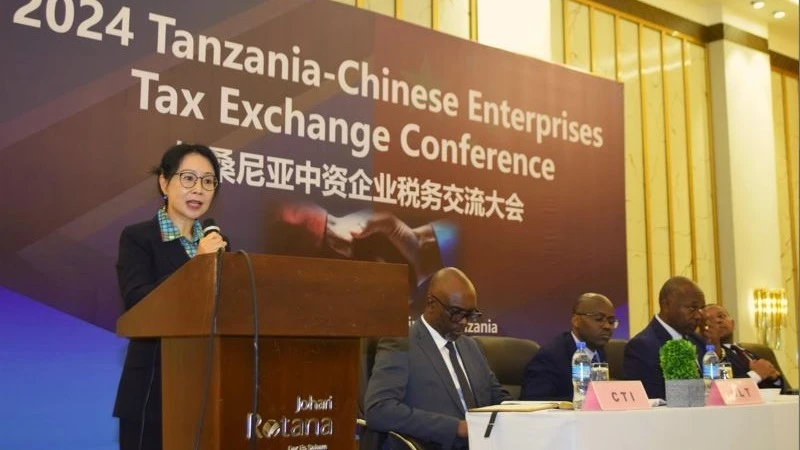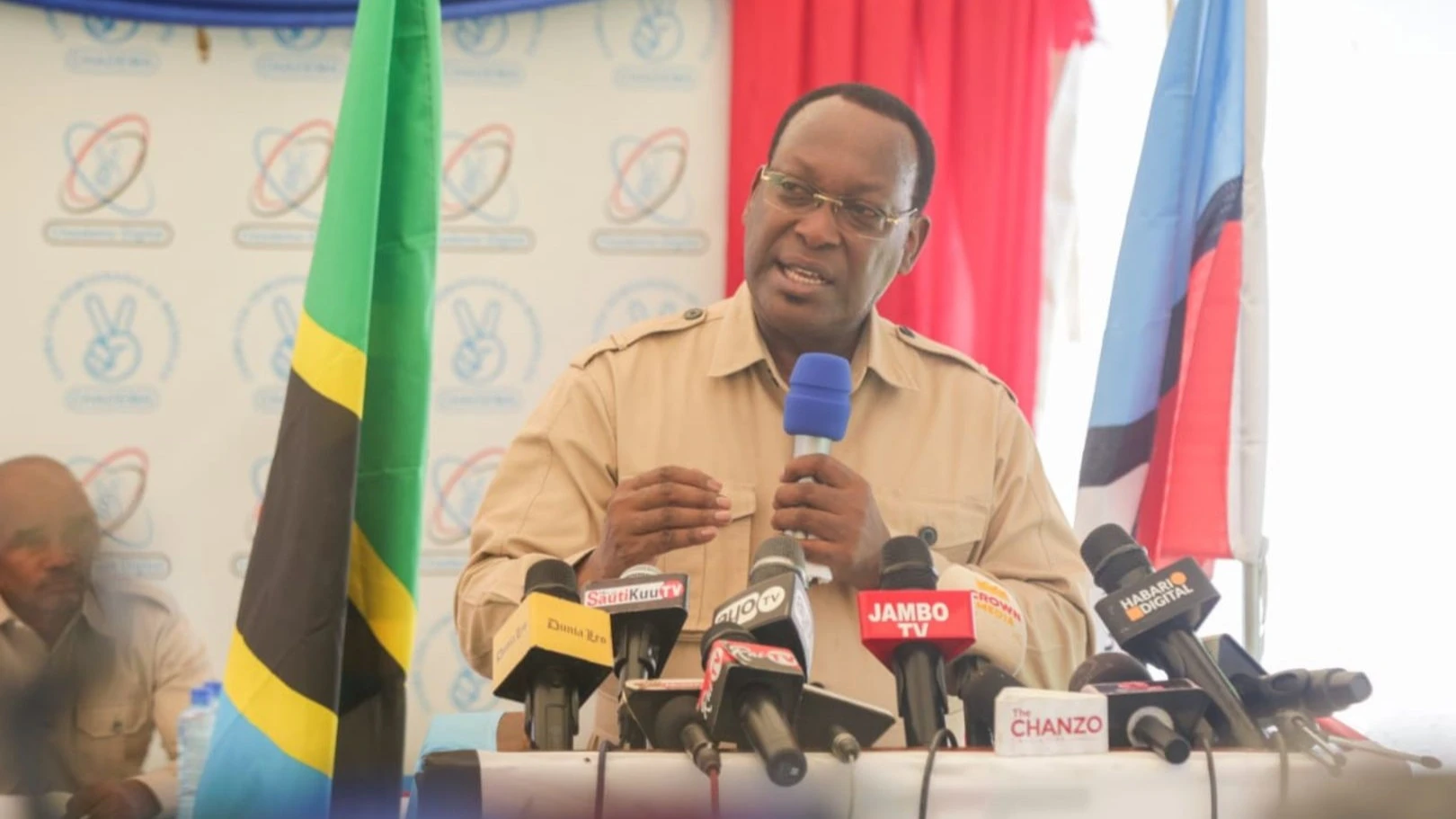Contractors’ profits ‘slashed by VAT’, Chinese firms complain

CHINESE contractors are severely affected by the value added tax (VAT) administration by the Tanzania Revenue Authority (TRA), a forum for Chinese businesses operating in Tanzania was told at the weekend in Dar es Salaam
Jensen Huwang, the chairman of the Chinese Investment Association for enterprises operating here told the 2024 Tanzania-Chinese Enterprises tax exchange conference that operating firms complain that VAT takes a large portion of their profits.
While project owners are responsible for providing documentation for tax exemptions, contractors often find themselves liable when these documents are not provided, creating an unfair burden on them, he stated.
The construction and other investment firms are grappling with significant tax hurdles, where the challenges include a heavy tax burden characterised by unrecognized tax benefits previously agreed upon with the Tanzania Investment Centre (TIC), he said.
There are severe problems with VAT exemptions for contractors and inefficiencies within the tax system that complicate operations, he stated, affirming that the tax burden is considerable.
These difficulties impact not only Chinese enterprises but all companies operating in the country, he stated, asserting that the critical parameter is TRA not recognizing tax benefits previously agreed upon with TIC.
The usual claim by tax administrators is the lack of a government notice, which raises the issue of goodwill in reaching those exemptions, knowing they will not be gazetted, participants noted.
The business organiser voiced concern that there are times when the tax system is not functional, leading to significant challenges for association members, urging improved communication between TRA and Chinese enterprises.
This would help to address these issues effectively, he said, stressing the need for a swift resolution to maintain investor confidence, while Ambassador Chen Mingjian underscored that Chinese enterprises are pivotal in China-Tanzania cooperation.
They contribute substantially to key sectors such as agriculture, manufacturing, mining, telecommunications and services, she said, elaborating that Chinese enterprises are the largest taxpayers among foreign-funded enterprises in Tanzania.
Transparency requires these enterprises strictly abide by local laws and regulations, pay taxes according to the law and actively cooperate with the TRA, she stated, pointing at recent amendments to the Tax (Imports Control) Act and the Income Tax Act as amended last year..
“Recently, Chinese enterprises have encountered some problems and difficulties in tax payments. We have built a communication platform for TRA and Chinese enterprises to facilitate dialogue between the two sides,” she said.
She was optimistic on the ongoing dialogue as well as trining for executives of Chinese firms, as likely to bring about a better understanding of the laws, regulations and policies.
This would result in making progress in tax issues, she said, with TRA commissioner general Yusuph Mwenda reaffirming the agency’s commitment to fostering a business-friendly environment while ensuring tax compliance.
“Our mission is to simplify business operations to enable companies to grow and contribute more in taxes, benefiting both the businesses and the country,” he stated.
He urged Chinese businesses to obtain the necessary permits to operate legally in Tanzania and adhere to procedures for tax-exempt projects to avoid complications.
Stressing the importance of maintaining proper documentation for employee taxes like ‘pay as you earn’ (PAYE), he cautioned that non-compliance would result in legal pursuits.
He emphasised that TRA remains committed to engaging with businesses to ensure smooth tax processes, stating that agency notices will be used only against chronic defaulters who obstruct TRA efforts.
Businesses need to report any mistreatment by TRA officials as disciplinary actions would be taken against those found to have improperly acted, he added.
Top Headlines
© 2024 IPPMEDIA.COM. ALL RIGHTS RESERVED






















